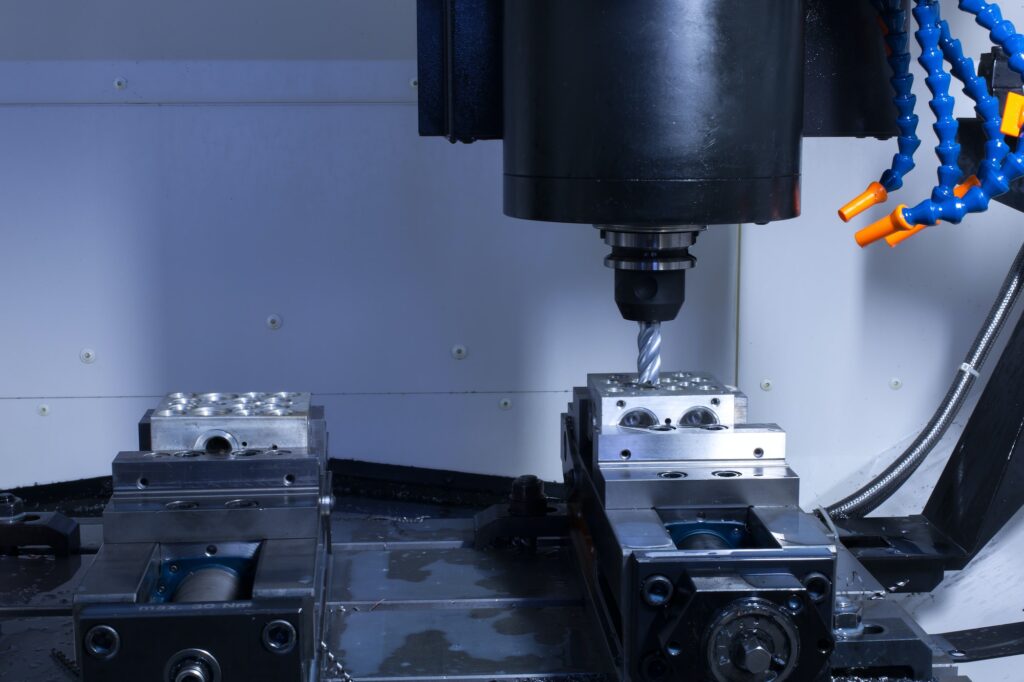As an enthusiast and expert in the manufacturing industry, I have witnessed the significant impact of low-volume manufacturing on businesses and their ability to meet diverse market demands. In this listicle, I will delve into the benefits of low-volume manufacturing, shedding light on why it has become a preferred option for many businesses today.
1. Cost-Effectiveness and Reduced Risk
Low-volume manufacturing offers cost-effectiveness and reduced risk compared to large-scale production. With low-volume manufacturing, businesses can produce smaller quantities of custom parts without incurring excessive setup costs associated with mass production. This enables companies to minimize financial risks and experiment with new product designs, prototypes, or test batches without committing to large-scale production volumes.
2. Faster Time to Market
In today’s fast-paced business environment, speed is crucial. Low-volume manufacturing allows businesses to bring their products to market quickly. By producing smaller quantities, companies can streamline the manufacturing process, reduce lead times, and respond swiftly to changing customer demands. This agility enables businesses to gain a competitive edge by being the first to introduce innovative products or iterate on existing designs.
3. Customization and Flexibility
Low-volume manufacturing empowers businesses to offer customized solutions tailored to their customers’ unique needs. By producing smaller batches, companies can efficiently meet specific requirements and adapt to market trends. Whether it’s customized metal parts for complex machinery or specialized components for niche industries, low-volume manufacturing ensures flexibility, enabling businesses to deliver personalized products that cater to individual customer preferences.
4. Quality Assurance and Iterative Improvement
With low-volume manufacturing, businesses can focus on ensuring the highest standards of quality for each product unit. By closely monitoring the production process and implementing rigorous quality control measures, companies can identify and rectify any issues promptly. The ability to produce smaller quantities allows for greater attention to detail, reducing the risk of defects and improving overall product quality. Additionally, the iterative improvement made possible by low-volume manufacturing facilitates continuous enhancements based on customer feedback and market demands.
5. Reduced Inventory Costs and Obsolescence
For businesses, managing inventory can be a significant challenge. Low-volume manufacturing minimizes the need for excessive inventory levels and reduces the risk of stock obsolescence. By producing smaller batches based on demand, companies can optimize inventory levels, avoid excess stock, and prevent the accumulation of outdated products. This leads to cost savings and a more efficient supply chain, as businesses can better align their production with market demand.
6. Market Testing and Product Validation
Before committing to large-scale production, it is crucial for businesses to validate their product ideas and assess market acceptance. Low-volume manufacturing allows companies to test the market and gather valuable feedback without significant upfront investments. By producing limited quantities, businesses can gauge customer response, refine their product offering, and make informed decisions based on real-world data. This approach mitigates the risk of producing large quantities of a product that may not resonate with the target market.
7. Niche and Specialized Applications
Certain industries require specialized parts or components that cater to niche applications. Low-volume manufacturing enables businesses to meet these specific needs efficiently. Whether it’s producing intricate parts for aerospace applications, medical devices, or unique industrial machinery, low-volume manufacturing offers the flexibility to address specialized requirements. By partnering with a reliable low-volume manufacturer, businesses can access the expertise and capabilities necessary to deliver precision-engineered solutions tailored to niche industries.
Summary
In conclusion, low-volume manufacturing presents numerous benefits that empower businesses to thrive in today’s dynamic market landscape. From cost-effectiveness and reduced risk to faster time to market and customized solutions, low-volume manufacturing offers the agility and flexibility needed to stay ahead of the competition. The ability to ensure product quality, reduce inventory costs, validate ideas, and cater to niche applications further reinforces the advantages of embracing low-volume manufacturing. By leveraging the benefits outlined in this listicle, businesses can unlock new opportunities for growth, innovation, and customer satisfaction.



